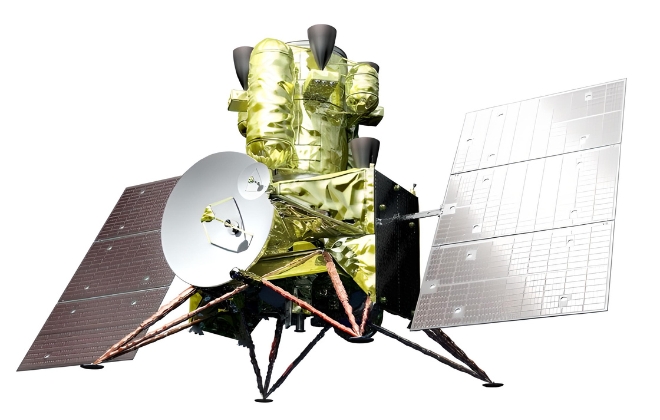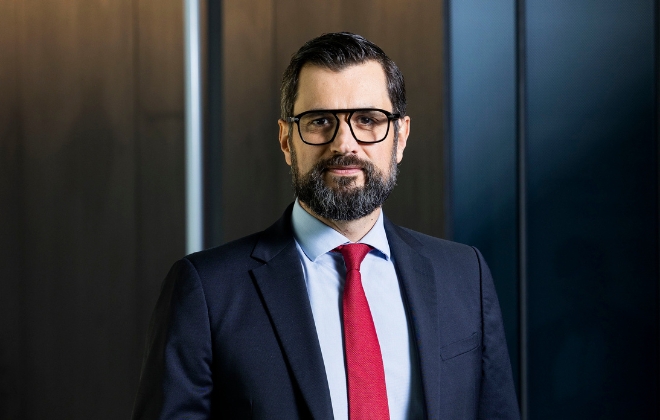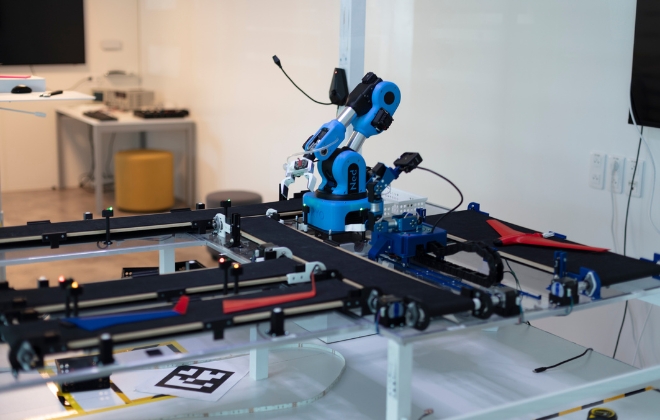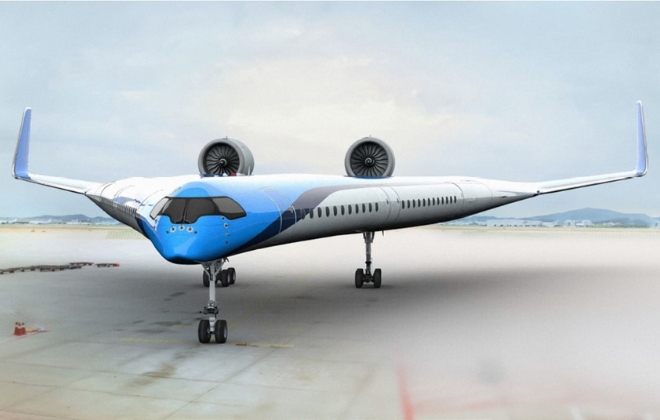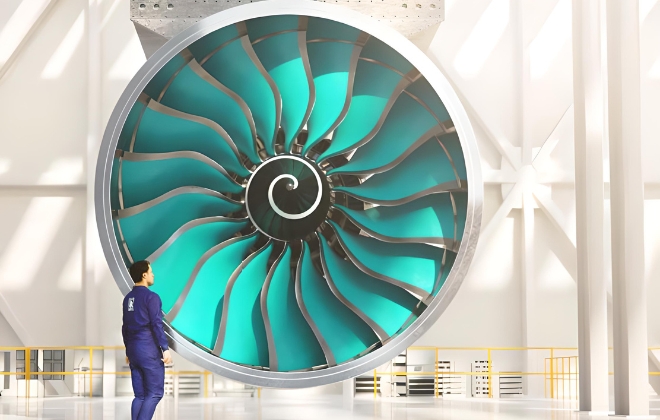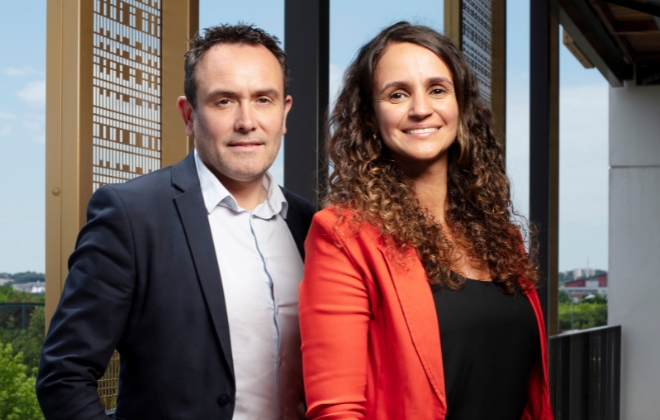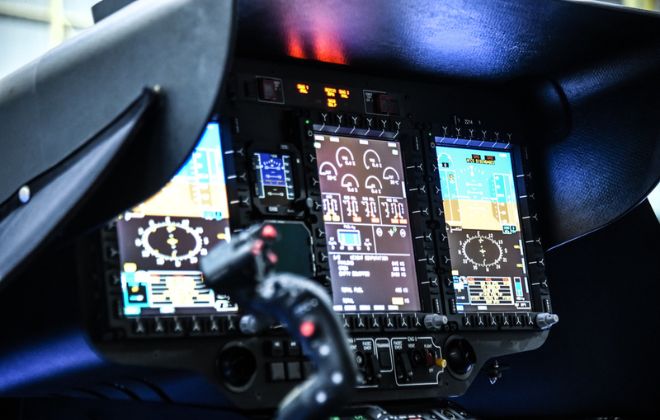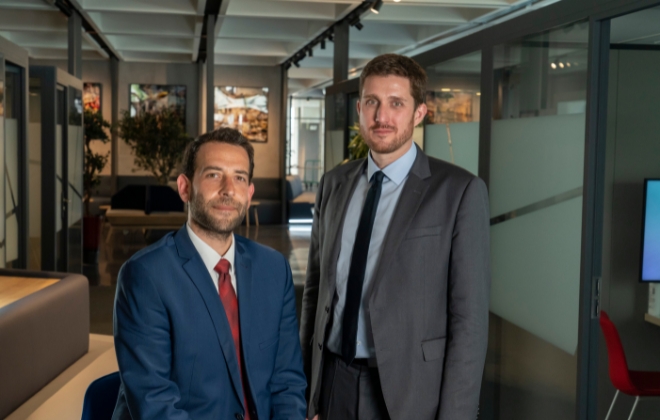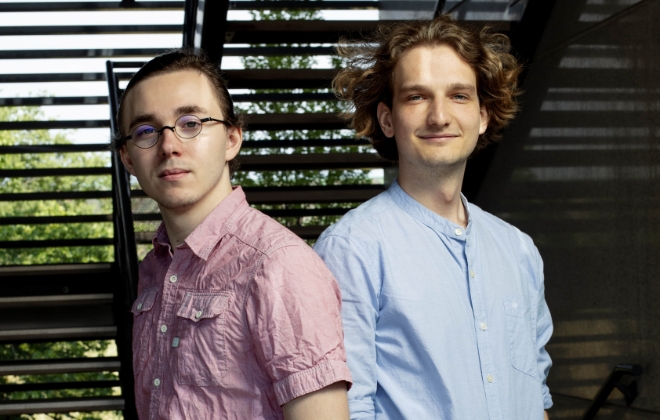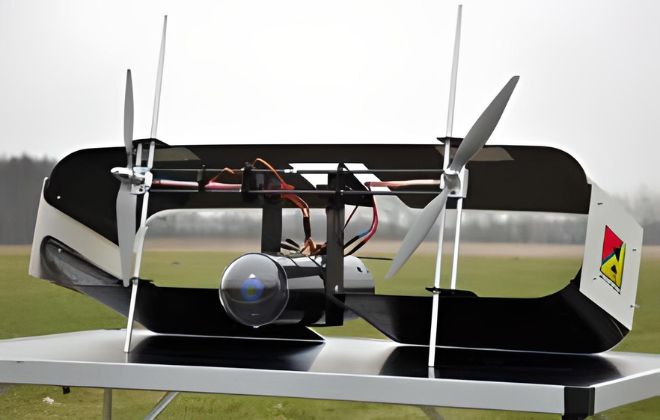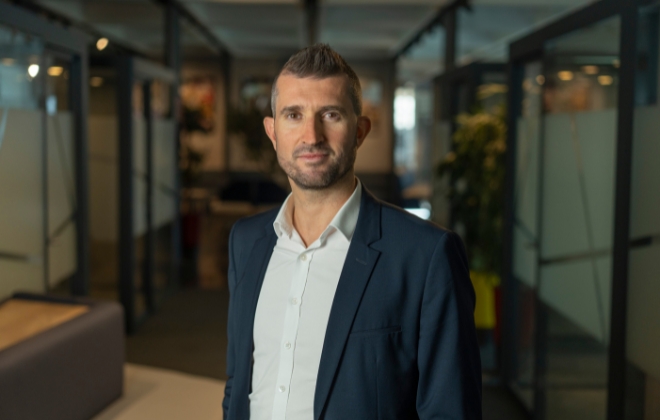Protection, precision, preparedness: Meeting today’s defense challenges
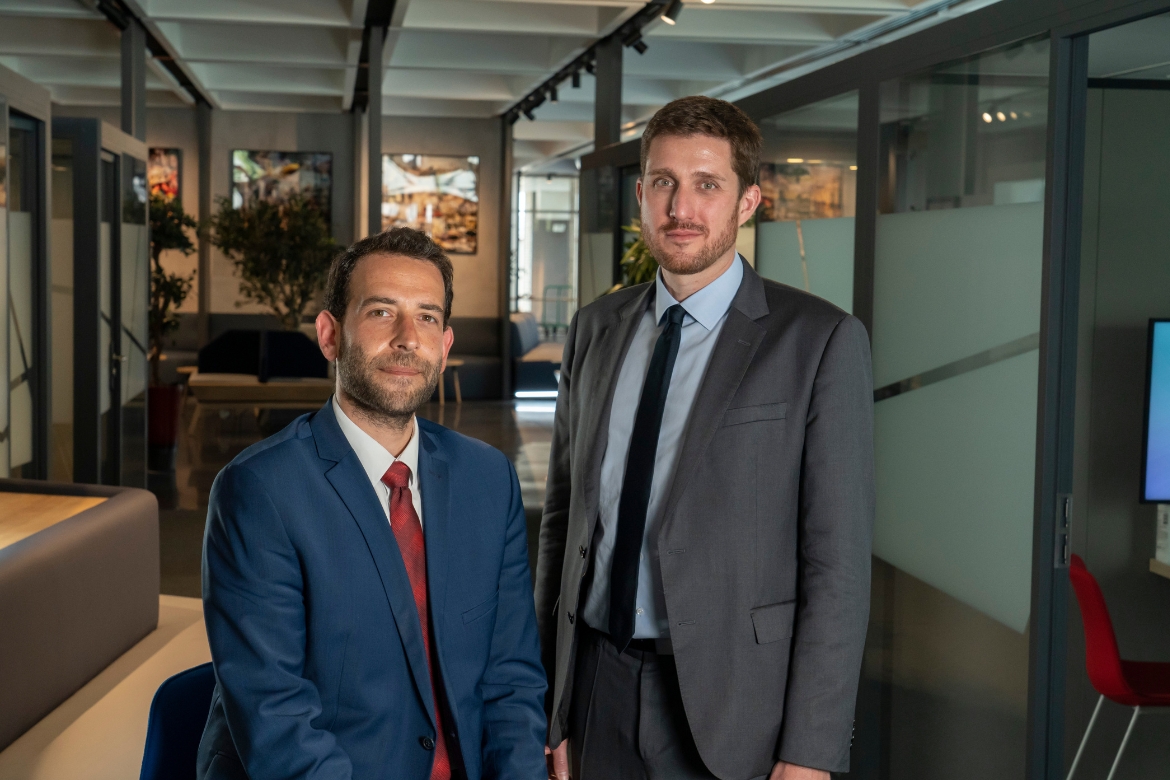
Denis Sauvage
Managing Director of Aerospace and Defense for the ALTEN Group and CEO of ATEXIS
Jérôme Eisenberg
Global Account Director for THALES
Share with us their views on how the world of defense is changing and what these changes mean for ALTEN and its clients.
What are the major trends today in the defense sector?
JE : Over the past year or two, there has been a 7% increase in the global defense budget. This increase has accompanied – or resulted from – a shift in emphasis, from counterterrorism to the war in Ukraine and its possible consequences. Military powers are preparing for the return of inter-state, high-intensity conflict. In addition to this shift in focus, the emergence of new forms of warfare – largely resulting from advances in digitalization – has brought three issues to the forefront: modernization, logistics, and cyber security.
Let’s talk about modernization – how are we seeing this play out?
DS : In the military, budget cuts, together with the diversification of investments in new technologies, have resulted in systems getting outdated. This in turn has generated a lower level of availability and readiness for operations. This is why the acceleration of systems support is so important – to increase availability. Modernization, in terms of innovation, is about new systems and new ways to protect people.
For example, over the coming decade expenditure in the military unmanned aerial vehicle (UAV) market alone is estimated at USD 28 billion in research and development and USD 84 billion in equipment purchases. More than 80 000 military drones will be in service, according to IHS Jane’s. Our challenge is to stay at the forefront of innovation in this highly competitive market.
Another example is the increasing digitalization of combat platforms. Operators need better human-machine interface (HMI) to deal with increasing information. ALTEN provides expertise in HMI ddigitesign and embedded software development for many providers of electronic defense equipment, products such as infantry tactical tablet computers, optronic equipment and UAVs.
What about logistics?
JE : In the defense sector today, building production capacity is very important. As in other sectors, advances in Factory 4.0 are helping us to accelerate manufacturing and logistics capacities. At the same time, the sector experiences the same challenges as others in terms of the global supply chain: availability of raw materials, transport, and engineering skills. Demand has risen, but the challenge is to meet it.
DS : ATEXIS, an ALTEN subsidiary, specializes in aftermarket. We focus on improving its customers’ supply chain, from leaning supply chain operations to managing supplier performance. ATEXIS is active in the aerospace, defense, naval, energy, railway and trucking industries. Our engineering and technical services range from maintenance engineering and training to field services and supply chain management.
And cybersecurity?
DS : We are really at a turning point when it comes to cybersecurity. The threats of attacks are increasing massively. In the defense industry, cybersecurity is an integral part of the design of a product, from the software to avoiding breaches in the system itself. While cybersecurity is still considered a unique activity, it is becoming everyone’s business. Cybersecurity is not a field; it is a culture.
What role does ALTEN play in all this?
JE : In terms of modernization: companies and states need engineers who will help them efficiently design new, innovative products. In logistics, we need specialists in supply chain management and training. Cybersecurity is at the core of protecting our countries, systems and products. ALTEN, the home of the engineer, is dedicated to bringing the best in world-class talent to our customers to tackle these challenges together.



